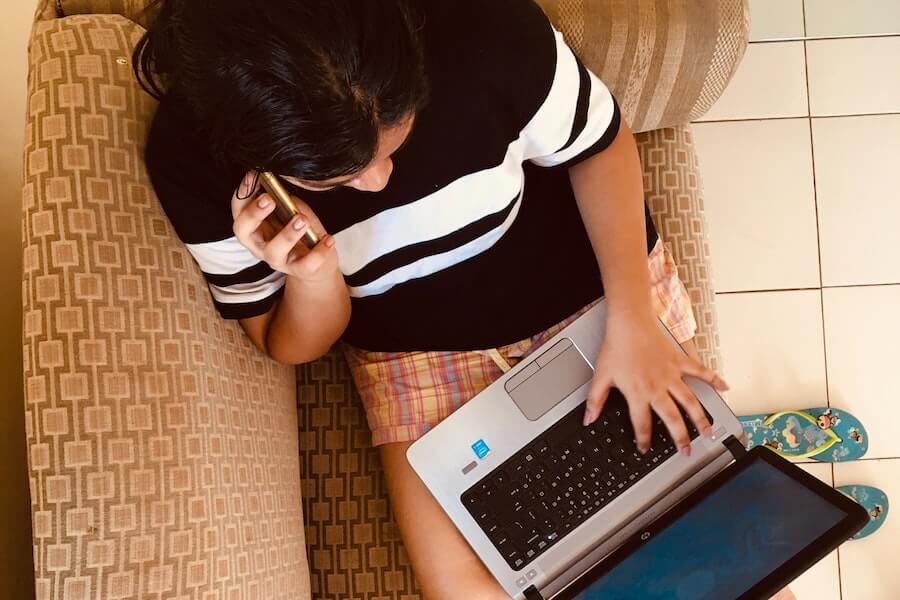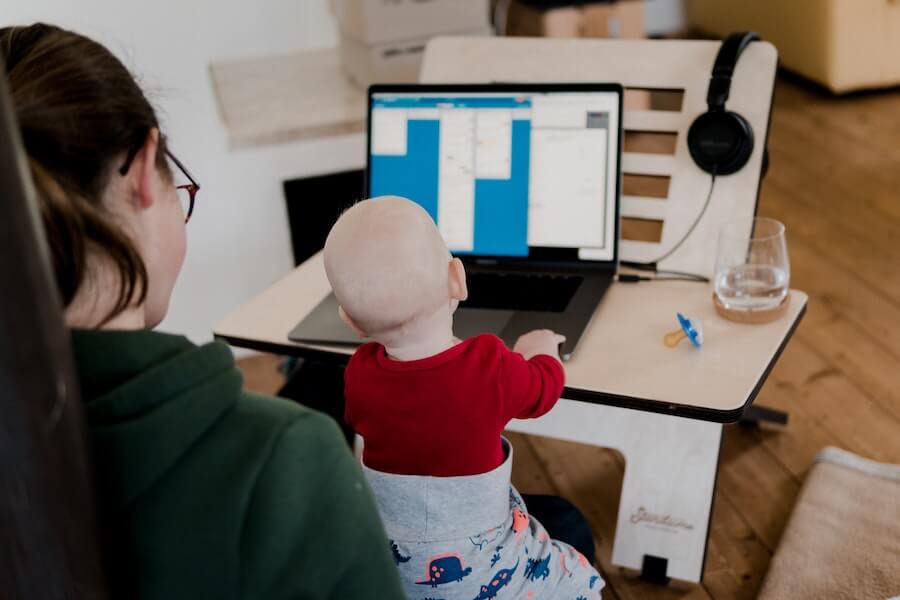Moving out of home for the first time is an exciting rite of passage. It’s your first taste of total independence, a chance to experience living in a new area and a great excuse for a few trips to the homeware section at Kmart.
However, along with all the excitement comes a wave of new responsibilities. Between paying your rent, buying groceries and managing other costs, you can start to see your bank balance being eaten away pretty quickly.
But not to worry, with the right budgeting strategies you’ll be able to stay on top of your finances and live your best adult life.

Tips for budgeting when you first move out of home
Make a plan before you move out
You can’t budget without knowing what your expenses are going to be, so if you’re thinking of moving out make a list of all the potential costs you’ll incur. This will help you to determine if you are financially ready to live out of the family home.
You’ll want to look at factors such as rental prices in your desired area, whether bills will be included in your rent or paid separately, the cost of furniture and appliances, how much you’ll spend on food and how well your current expenses will fit into this.
If you’re finding the cost is higher than anticipated, you may need to make a few adjustments to your plan. If you were planning to live on your own, look into getting a roommate to share expenses with or consider moving into a sharehouse. Additionally, reconsidering your desired location can also help to lower your expenses.
Often people won’t realise the actual cost of living out of home until they do it so this step can save a lot of stress down the line.

Use the 50/30/20 rule
One of the main questions people have when moving out of home for the first time is how much you should spend on each expense. The 50/30/20 budgeting rule provides a solid guide to answer this question.
The rule suggests that you spend 50% of your income on essentials such as rent, food and bills. As a general rule, it is advisable to spend no more than 30% of your income on rent to ensure you have enough money to cover other expenses and to grow your savings.
Next, we suggest 30% of your income to go towards non-essentials. Think of these as purchases as the items that are nice to have but not absolutely necessary. This could include things like gym memberships, eating out and new tech purchases.
Finally, 20% of your income is to be put into savings, ideally working towards a long-term financial goal, like buying your first home. The aim here is to keep this money untouched for an extended period. In this instance, you might want to consider opening a high-interest savings account to maximise your money.
Make use of money management apps
Mobile apps are a great way to keep track of your finances digitally. Luckily, there’s an app for just about everything nowadays.
The chances are you have a helpful money app sitting on your phone already that you haven’t even thought about. That is your banking app. Many people know that banking apps are a great way to keep an eye on your spending, but there are a lot of other ways that they can help you manage your money.
Banking apps now offer features like automatic bill detection, spending categorisation and auto round-ups into your savings account, so it pays to know your way around your banking app. Keep in mind that if you spread your money across multiple banks, you will need to take this into account when looking at your spending.
If you’re looking for a more holistic view of your finances, apps like the Finder app allow you to see all your money in one place by securely connecting all of your bank accounts. This way, you can get a complete picture of your spending habits and identify areas where you might be able to switch products and save money.
For those living in a sharehouse, it can get pretty awkward chasing your housemates for their share of the bills or rent. Not only can this put a strain on your relationships, but it can put pressure on your wallet if you’re continually covering other’s bills or paying late fees.
Apps like Splitwise allow you to create groups where you can lodge expenses to be divided among group members. This helps to keep people accountable for what they owe, and it saves you from having to have those uncomfortable money chats.
Although it may seem daunting, moving out of home is an essential step in learning how to manage your finances. Getting your budgeting strategy down pat early on will serve as a solid foundation for your financial future, and it will also benefit you in the years to come.
Written by:
Alison Banney
Alison Banney is the banking and investments editor at Finder. She has written about finance for over six years, with her work featured on sites including Yahoo Finance, Money Magazine and Dynamic Business.





